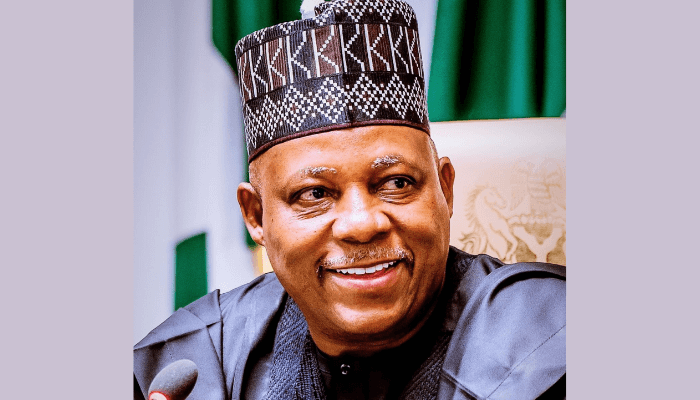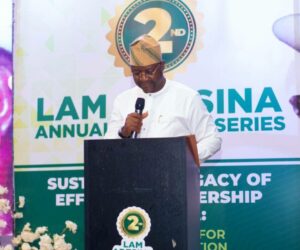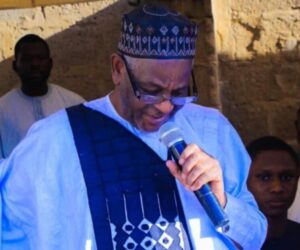In a bid to advance electricity supply across the country, the Rural Electrification Agency, state governments have signed renewable energy agreements worth $435 million with partners.
The agreements were signed at the Nigeria Renewable Energy Innovation Forum (NREIF 2025) in Abuja on Tuesday. As the federal government seek to establish Nigeria as a hub for renewable energy manufacturing in Africa.
Giving his keynote address at the forum, Kashim Shettima, vice president of Nigeria said that Nigeria’s energy transition presents an investment opportunity of over $410 billion between now and 2060. He explained that of this, more than $23 billion is required to expand energy access and connect the millions of Nigerians who still live in energy poverty.
Shettima however noted that beyond access lies the government’s ambition to deliver a power system capable of 277 gigawatts of total installed capacity by 2060.
He said that from solar panel assembly lines in Lagos to battery recycling hubs along our industrial corridors, Nigeria must not only participate in this revolution but lead it.
“This demand more than investment, it demands innovation, local capacity, and commitment. That is why the theme of this year’s forum, is not only timely but indeed essential. Our commitment to a Nigeria-based industrial strategy calls on us to anchor the future of Africa’s renewable energy supply chains right here at home.
“The federal ministry of power has demonstrated its readiness to steer Nigeria’s energy transition through progressive policies that lead the groundwork for a more decentralised, competitive, and inclusive electricity market. I must also commend the Rural Electrification Agency under the able leadership of the MD for translating these policies into tangible impact across our communities, illuminating homes, empowering small businesses, and transforming lives in areas once left behind,” he said.
Shettima stressed the need for development partners and original equipment manufacturers to localise technologies, strengthen value chains, and invest in skills and knowledge transfer.
According to the VP, the success of Nigeria’s energy transition will not be measured by policies or projections, but by ability to transform ideas into practical solutions that guarantee availability, affordability, and sustainability for every Nigerian.
“Over the next two days agreements will be signed, partnerships will be forged, and a national programme consolidated. I am pleased to announce that through the engagements facilitated under this forum, more than $400 million in new investment commitments have been mobilised into Nigeria’s renewable energy manufacturing value chain. This includes solar panels, smart metres, battery storage, and recycling facilities,” he added.
Under the deal, Ogun State signed an agreement with Renew Power Limited and Tranos to deliver 500MW and 600MW respectively.
Lagos State signed with Auxano Solar- to deliver 150MW. The state also signed an agreement with Levene Photovoltaic Technologies Limited to deliver a world class recycling plant to deliver 2,484 tonnes per annum.
Akwa Ibom state government signed an agreement with Tricell Solar Solutions and IRS Green Energy to deliver 500MW and 600MW. Kano State also signed with Tricell Solar Solutions, and IRS Green Energy Limited to deliver 500MW and 600MW.
Also, the Bayelsa State government and Marine Logistics Limited, while the FCT and PVG Solar Limited is expected to deliver 500MW.
Rural Electrification Agency signed the agreement with Suntisolar Energy Africa Solar Limited and Tsat Tele communications Company Limited.
Read also: Nigeria’s digital future hinges on secure, standardised IDs
Commenting on the deals, Shettima said, “these investments are projected to create over 1,500 direct jobs across multiple states and reflect growing global confidence in Nigeria’s clean energy industrialisation drive.”
He also reaffirmed President Tinubu’s commitment to consolidating energy transition policies by enhancing incentives for local manufacturing, streamlining regulatory frameworks, and deepening collaboration with state governments, investors, and development partners.
He commended the Federal Ministry of Power and the Rural Electrification Agency for advancing decentralised, inclusive and competitive energy policies that have brought electricity to underserved communities.








